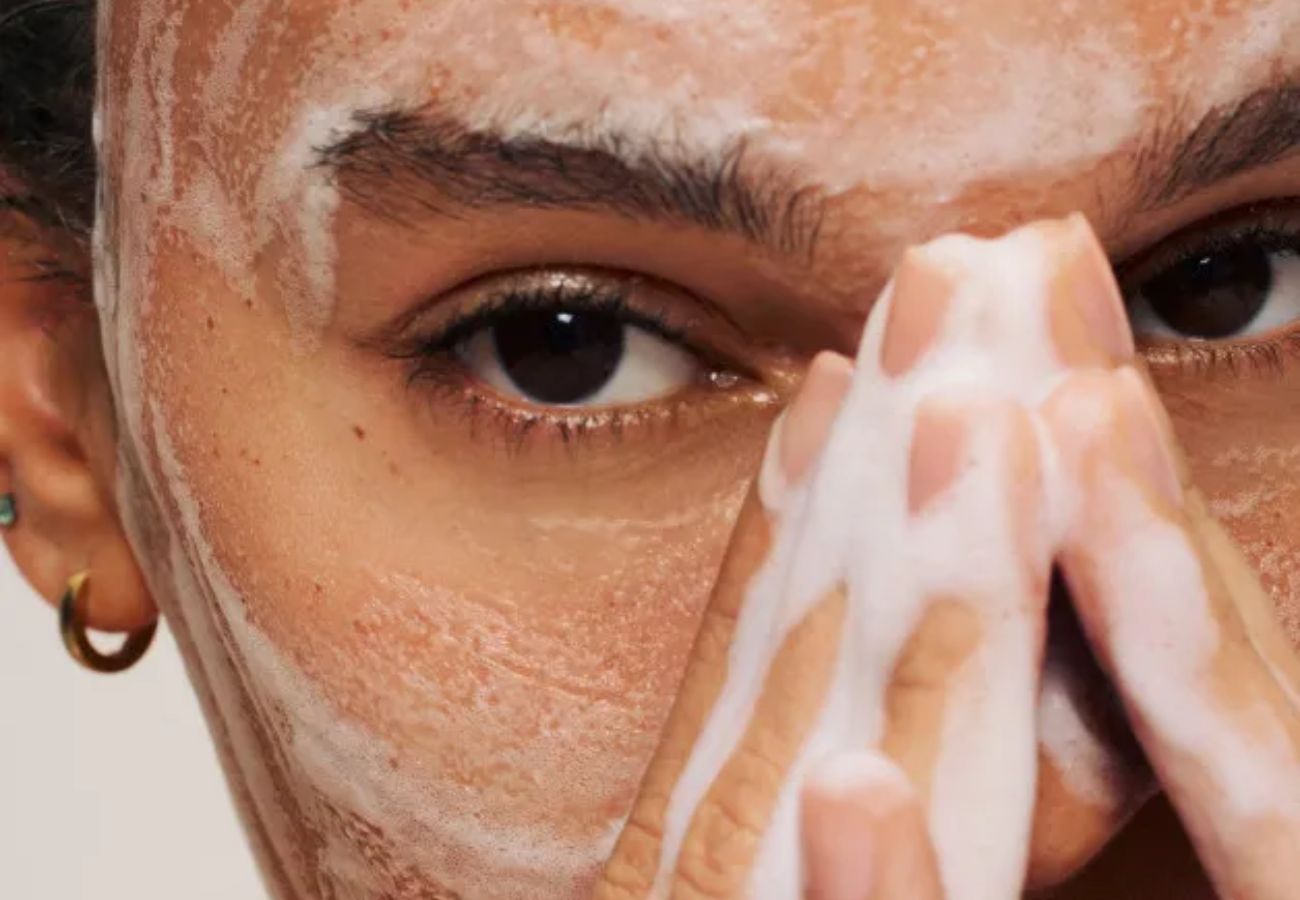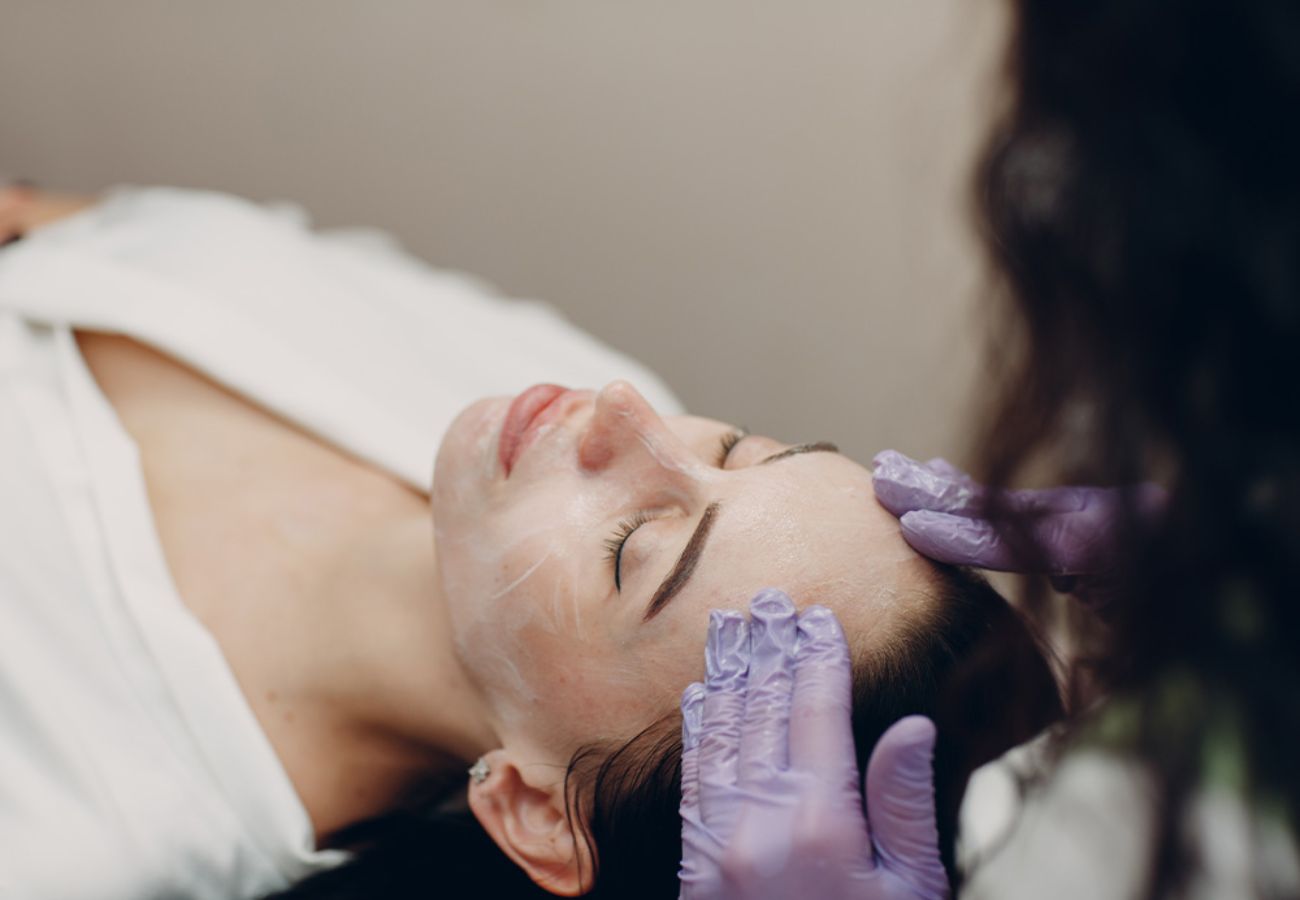
Your Ultimate Guide To Acne Laser Treatments
After you have tried all the topical and oral acne treatments, it’s maybe time for laser therapy. It can be all that you need for stubborn acne that you’ve been trying to deal with forever. What are the best acne laser treatments, when to add them to your acne arsenal, and what do they do? Here is all you need to know.
What Are The Different Types Of Acne Laser Treatments?
Applies to all acne laser treatments: Sun exposure, heat, and sweat should be limited in the 24 hours post-treatment. Also, you should avoid irritating ingredients such as salicylic acid and retinoids 2-3 days after the treatment.
1 || Pulsed Dye
The Pulsed Dye Laser (PDL) employs a 585 nm wavelength to diminish scar redness and elevation, resulting in a smoother and less discolored skin appearance. The treatment is effective for all types of acne scars and shows noticeable results within 12 weeks, even after just one session, with minimal side effects.
2 || Diode
Using a 1450-nm focus of light, Diode Laser targets the sebaceous glands that produce the oil that contributes to acne without harming the epidermis. You’ll see a significant reduction in acne after only one session, with limited side effects such as temporary redness or swelling in the treated areas.
3 || Fractional Laser
It is a resurfacing laser treatment that triggers the skin to regenerate itself by creating columns of thermal damage. It works on both the epidermis and dermis to reduce pigment and boost collagen production. Pain, redness, swelling, peeling or flaking, crusting, and hyperpigmentation are potential side effects but they are temporary and should diminish within a few days after the treatment.
Other new FDA-Approved Options are AviClear and Accure (for mild acne cases).
How Do Acne Laser Treatments Work?
They simply target the sebaceous glands responsible for acne-causing oil production. The heat the laser emits destroys or shrinks the size of the oil glands.
Are They For Everyone?
If you’ve been struggling with acne, then you are a candidate. These lasers are “colorblind,” meaning they are effective for all skin types and tones. However, it is crucial to identify the appropriate device for each type of acne, which is why consulting your dermatologist or healthcare provider is essential. They will guide you in finding the suitable treatment for your specific needs.
Avoiding acne lasers is recommended if you’ve had recent sun exposure to prevent the risk of side effects like blistering and dyspigmentation.






